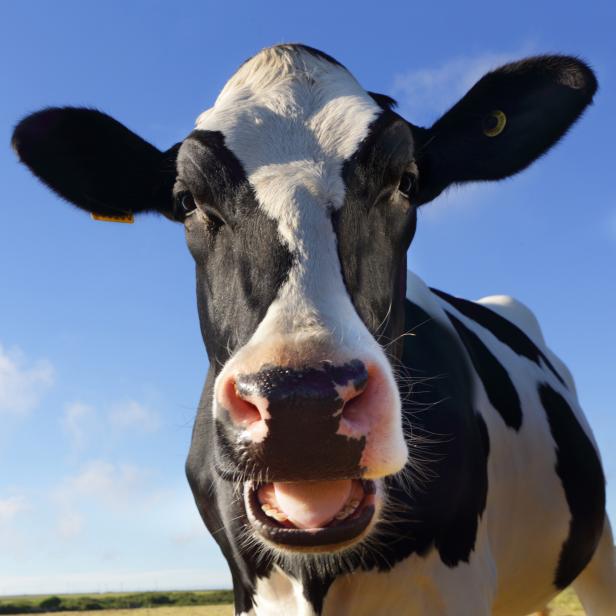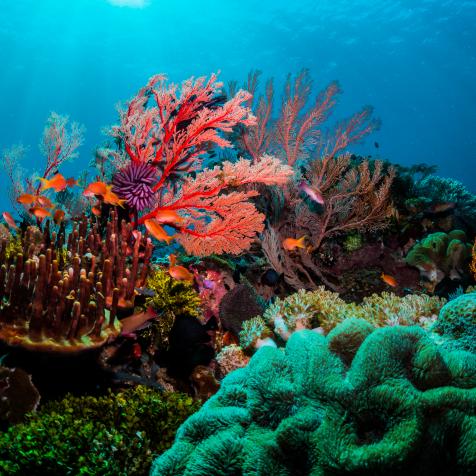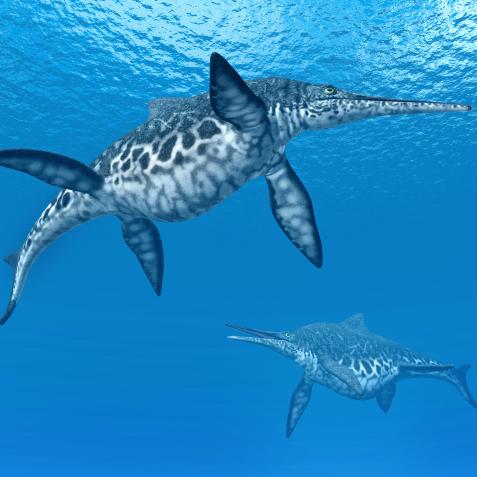
Getty Images/Peter Cade
Cows Kill More People Than Sharks
By:
Joanie Faletto
Sharks are the least of your problems according to these statistics.
November 01, 2019
You've seen "Jaws." You know sharks can be deadly. But in reality, they don't kill very many people each year.
There are approximately five deaths caused by sharks annually, while horses kill about 20 people a year and cows kill about 22. Crocodiles gobble up 1,000 people a year. By spreading malaria, mosquitos kill hundreds of thousands more people than sharks do every year. Deer also cause hundreds of deaths, mostly by running out in front of cars.
Now that you know not to fear sharks, celebrate your knowledge with this very silly LL Cool J song about sharks.
This article first appeared on Curiosity.com.
Next Up
The “Lungs of Our Planet” are Under Threat
World Rainforest Day is June 22, bringing awareness and action to save these precious ecosystems. But if the current rate of deforestation continues, will there be any rainforests in 100 years?
Is Climate Change Killing More Elephants than Poachers?
Kenya’s Wildlife and Tourism Board has announced that climate change is now a bigger threat to elephant populations than poaching. Kenya is currently facing an extreme drought that is threatening the livelihoods of people and wildlife within the area.
The Stegosaurus Was An Ancient Relic To The T. Rex
These two popular dinosaurs never crossed paths.
Oklahoma’s Annual Bison Health Check-up is a Sight to Behold
In Oklahoma, where some of the US’ last remaining tallgrass prairies grow, Native American communities, cowboys and conservations have been working hard to bring back - and maintain - the bison population in the Great Prairies.
The Real Reason Flamingos Stand on One Leg
Learn about flamingos at discovery.com
Octopuses Don't Have Tentacles!
What exactly do these cephalopods have then?
Has the Great Barrier Reef Actually Gone Under?
The Great Barrier Reef is in peril. Is it time for citizens to step up to protect one of the most spectacular ecosystems on Earth?
This Giant Ichthyosaur Might Have Been Bigger Than a Blue Whale
This normal-looking reptile may be the largest animal that ever existed.
Nature from Above: The Art of Aerial Photography
I’ll never forget the first time I went up in a small plane. Technical considerations aside, I had a million thoughts going through my mind.
Rare Blue Ghost Fireflies Only Glow in One Part of North America
These insects emit a glow a yellow-green hue.


















